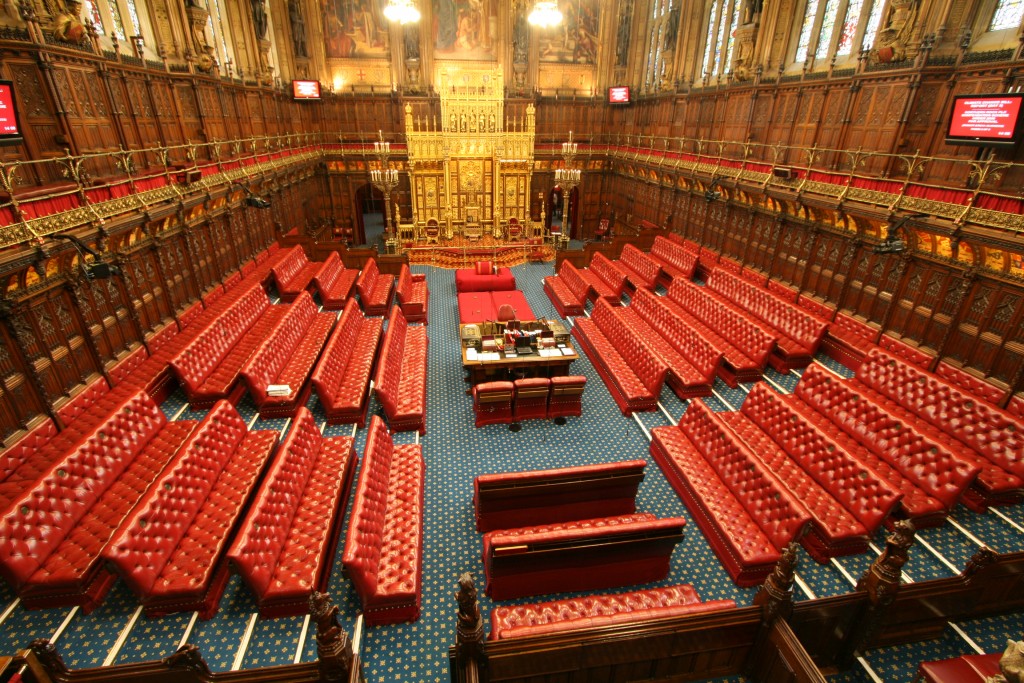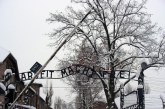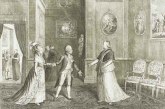
Story Highlights
- historical event:
- Since there was a relatively large number of hereditary noble title holders in Britain, as many as 1,330 people had the right to sit in the House of Lords on this day in 1999. A new law enacted during the same year drastically reduced this number.
On this day in 1999, the House of Lords of the British Parliament voted in a new law according to which hereditary lords lost their right to have a seat in the Parliament by default. Namely, until 1999 almost all UK citizens possessing a British aristocratic title automatically gained the right to sit in the Parliament. These aristocratic titles are the following, from lowest to highest: baron, viscount, earl, marquess, duke. The bearers of the four lowest among them are usually addressed as lords, while dukes have the right to be addressed “Your Grace”. Since there was a relatively large number of hereditary noble title holders in Britain, as many as 1,330 people had the right to sit in the House of Lords on this day in 1999.
After the introduction of the 1999 reforms, membership in the House of Lords was reduced to 660. All bearers of non-hereditary lordly titles still have membership rights. These are mostly people who have been awarded such titles from 1958 until today, and always bear the title of baron(ess). Such titles are awarded for merit and cannot be passed on to successors.
So as to avoid completely excluding hereditary lords from Parliament, a compromise has been reached. It was allowed for 92 hereditary lords to retain their seats in Parliament, with 90 of them being elected by their fellow hereditary lords. Only two people have hereditary membership – those who hold the titles Earl Marshal (the Duke of Norfolk) and Lord Great Chamberlain (currently the Marquess of Cholmondeley).




